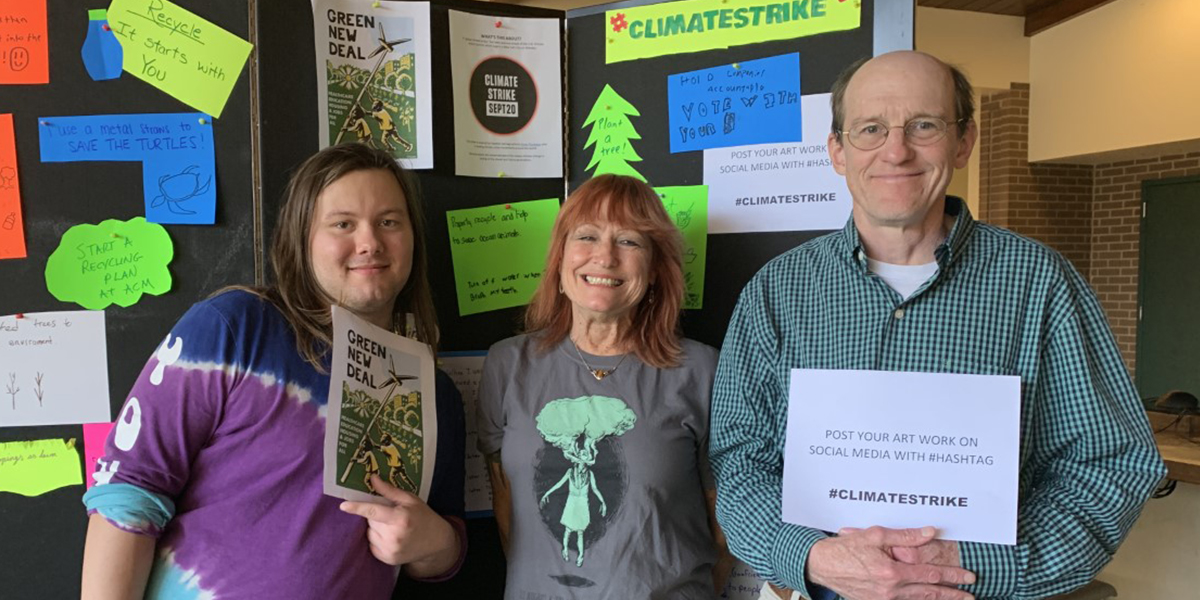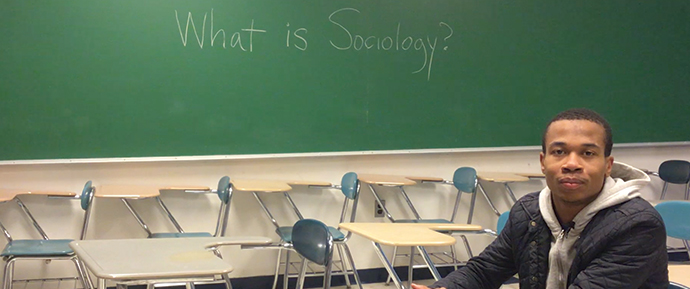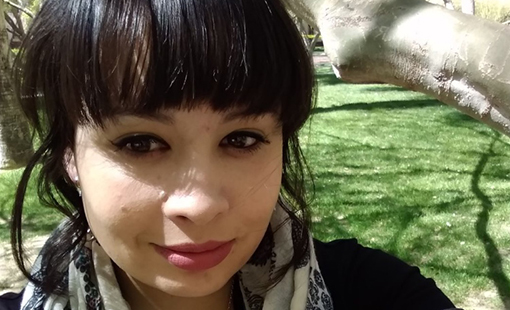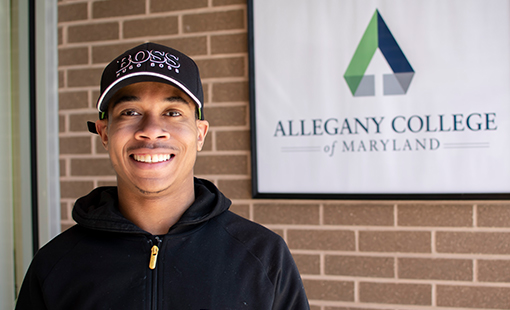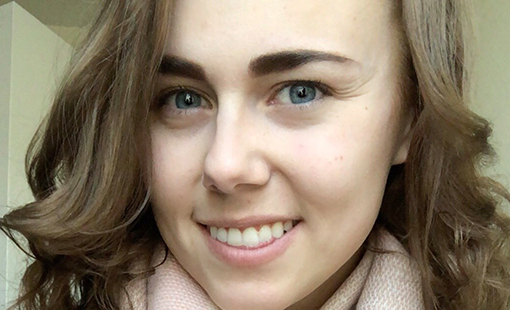What will you learn?
- Complete the required ACM sociology classes listed in the credit catalog - HERE.
- Develop the ability to think critically, and ethically, use public dialogue skills,
and enact your core values of empathy and compassion as it relates to human interaction.
-
Explore your own career passions related to social issues you care about (ex. mental
health, homelessness, bullying, addiction, etc.) while researching social problems.
-
Find out what drives cultural, political, economic, and social issues at the local,
state, national and global level.
-
Learn why diversity matters, how to listen to perspectives different than your own,
and to promote democratic values and principles.
- See how sociology can support you in the workforce; help with opening your own business;
and work to address challenges in your community.
- Find out more at Sociology at Work and the American Sociological Association
What will you do?
Complete your A.S. AOC Sociology degree program requirements at ACM. You can use this
to find a job in the career areas detailed below. Or prepare for transfer to a four
year university.
- Associates Degree:
- Direct Service in a Nonprofit Organization
- Youth and Elderly Support Services
- Community Organizing
- Business Development
- Bachelors Degree:
- Government and Nonprofit Careers
- Research and Marketing Jobs
- School and Community Counselors
- Executive Director / Grant Writer
- Prison and Corrections Jobs
- City and County Government Leaders
- Graduate / Doctorate Degree:
- Teaching
- International Positions
- Social Science Researcher
Why ACM?
Discover what others are saying about ACM Sociology – click an image below.
Program Details
Sociology students learn how to communicate with diverse groups of people, think critically
and creatively about real world problems, reason ethically and analytically, gather
research and interpret it, engage productively in teamwork, be empathetic and understanding
of other people's point of view, and problem-solve community issues. This helps build
confidence and develop the skills you will need to respond effectively to community
challenges. A famous sociology graduate to learn from is
Amanda Gorman, the youngest inaugural poet in U.S. history, as well as an award-winning writer
and cum laude graduate of Harvard University, where she studied Sociology.
Discover more...
Program Goals & Learning Outcomes
Program Goals
- Understand and articulate the sociological perspective as it relates to human interactions
and how our personal experiences are shaped by history.
- Analyze, research, and report on social issues (ex., environment, education, poverty,
globalization, mass incarceration, war, etc.) in written, oral and technological formats.
- Build sociological knowledge by applying critical thinking and ethical reasoning.
- Identify and discuss structural, economic, cultural, global, political and historical
forces that influence human behaviors.
- Engage in community, diversity, and civic engagement projects that build sociological
skills and solution-focused frameworks.
- Develop sociological knowledge, skills, cultural awareness, and personal and civic
responsibility, that can be applied in transfer programs and various occupations.
- Utilize critical thinking skills to analyze race, ethnicity, class, age, and gender
inequalities and social injustices.
Student Learning Outcomes
- Critically analyze social issues along the dimensions of race, ethnicity, age, gender,
and class.
- Research and gather data related to social problems and report your findings in written,
oral, technological and in discussion formats in class.
- Develop an awareness of personal and civic responsibility within assignments and service
learning / civic engagement / diversity activities.
- Engage in community, diversity, and civic engagement projects that build sociological
skills and solution-focused frameworks.
- Analyze social institutions and how they influence individual experiences and collective
actions (i.e. family, education, work and economy, state, public policy, media, language,
and culture).
Meet the Faculty
Our experienced, knowledgeable faculty are excited to share their expertise with you
and prepare you to succeed in the diverse, dynamic field of Sociology.
